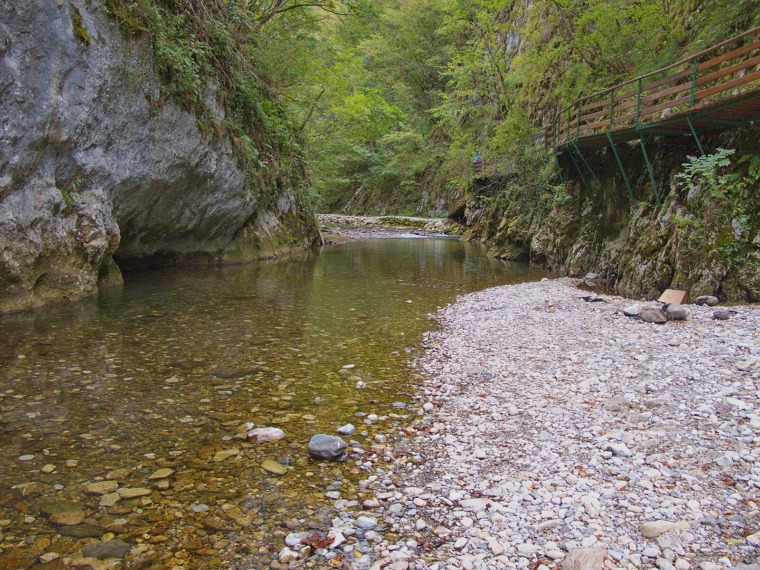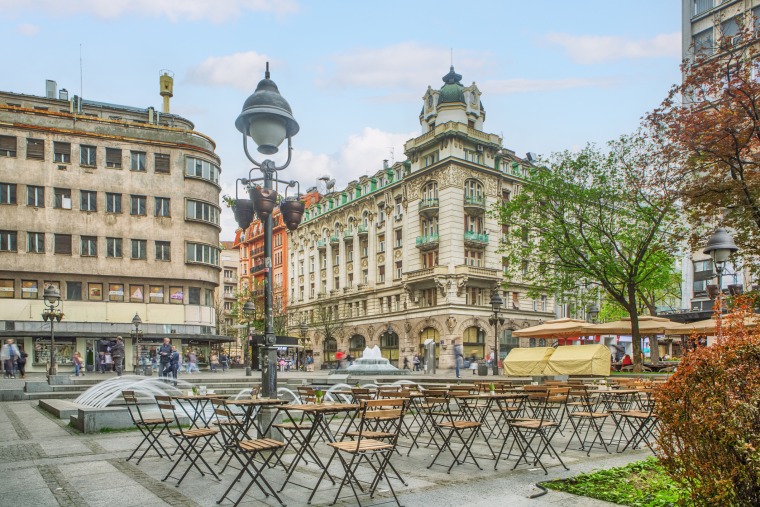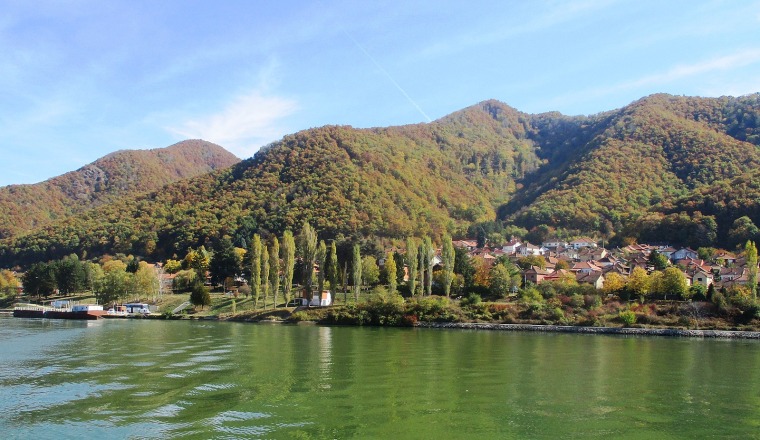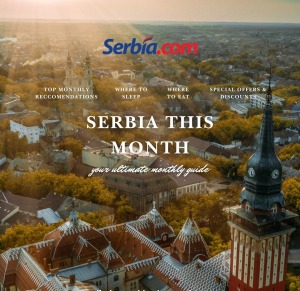
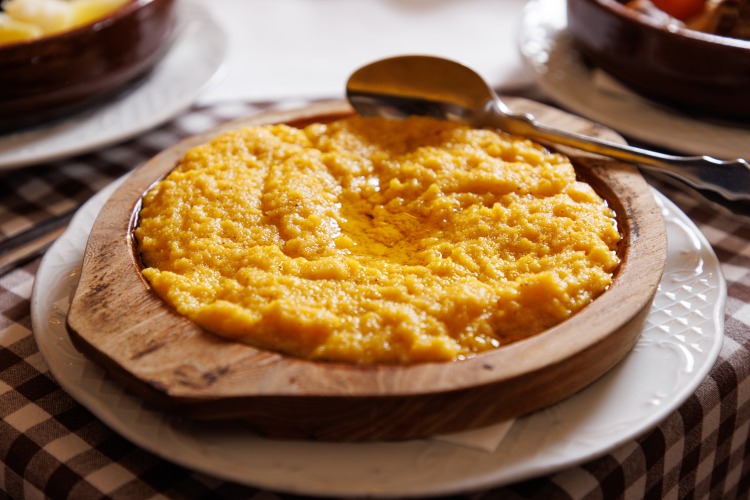
Serbia’s culinary scene is a flavorful blend of history, tradition, and regional influences. While some Serbian dishes like ćevapi and sarma are well-known beyond its borders, there are many unique delicacies that remain hidden gems. If you’re looking to experience the true essence of Serbian cuisine, here are some extraordinary foods you won’t find anywhere else.
1. Svrljiški Belmuž – The Shepherd’s Delight
This rustic dish hails from the Svrljig region, where shepherds have been preparing it for centuries. Made with just two ingredients—cornmeal and young, fatty cheese—belmuž is a hearty and flavorful dish that showcases the purity of Serbian dairy.
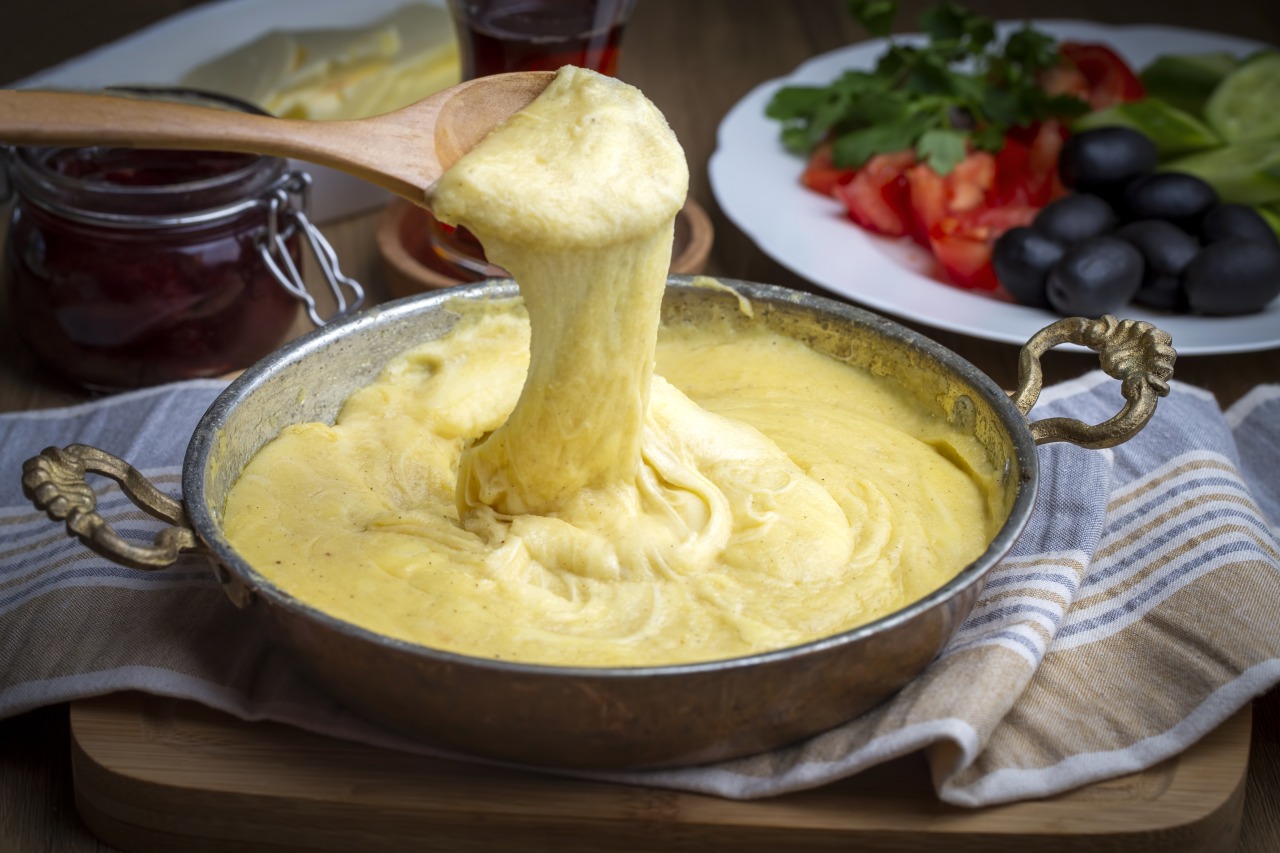
Traditionally, it is cooked in a large pot over an open fire and constantly stirred until it reaches a creamy consistency. Today, Svrljig even hosts a festival dedicated to this beloved meal!
2. Duvan Čvarci – The ‘Tobacco’ Cracklings
A variation of the classic Serbian čvarci (pork cracklings), duvan čvarci get their name from their fine, shredded texture that resembles tobacco leaves (duvan in Serbian).
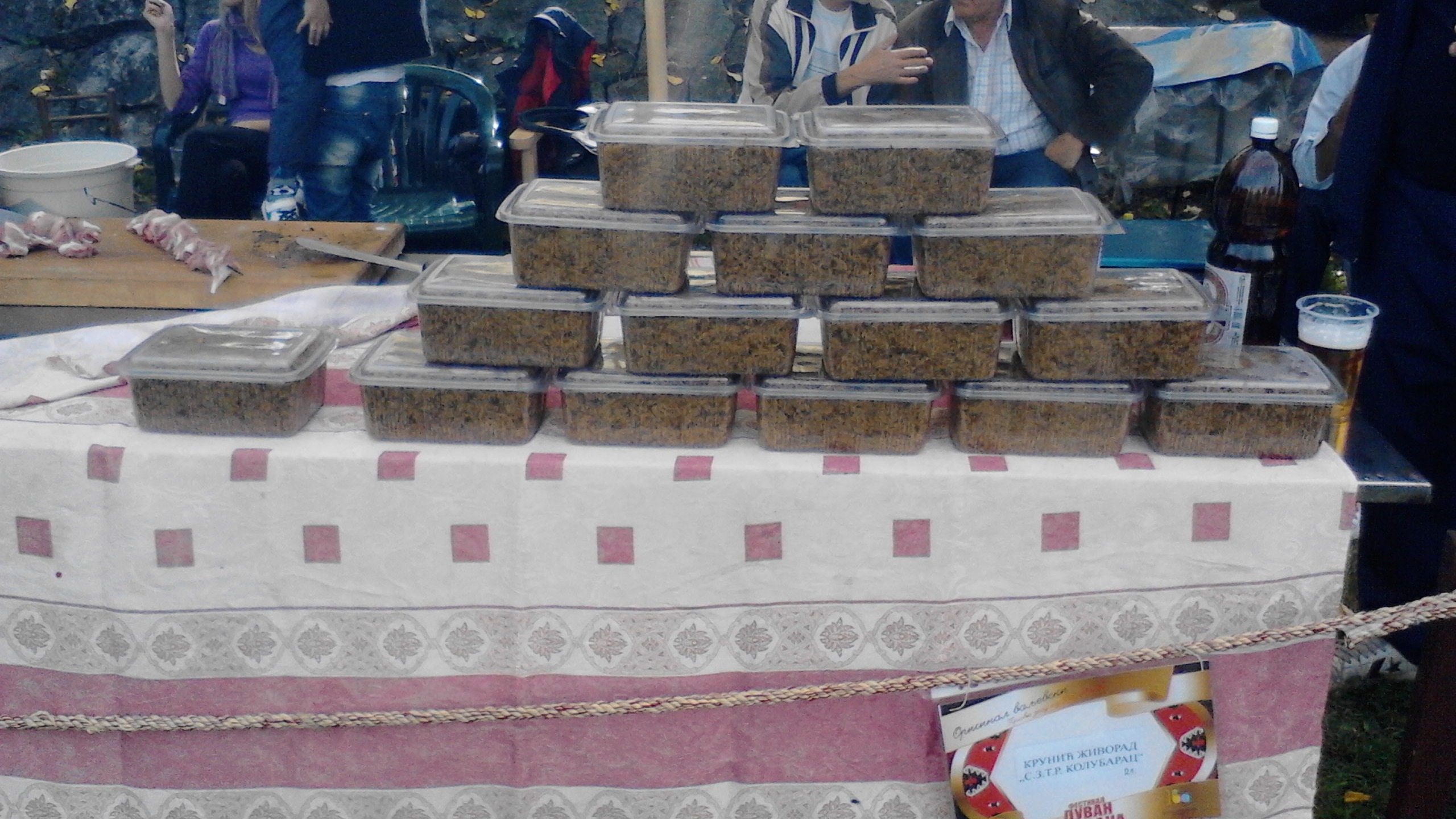
Unlike regular čvarci, this version is cooked slowly until the pork fat turns crispy and golden, then carefully shredded by hand. They are a beloved delicacy in western Serbia, especially in the Mačva region, and pair perfectly with rakija and fresh bread.
3. Homoljski Kačamak – A Mountain Treat
Kačamak, a Serbian-style polenta, is a common dish in the Balkans, but the Homoljski Kačamak from the Homolje Mountains is in a league of its own.
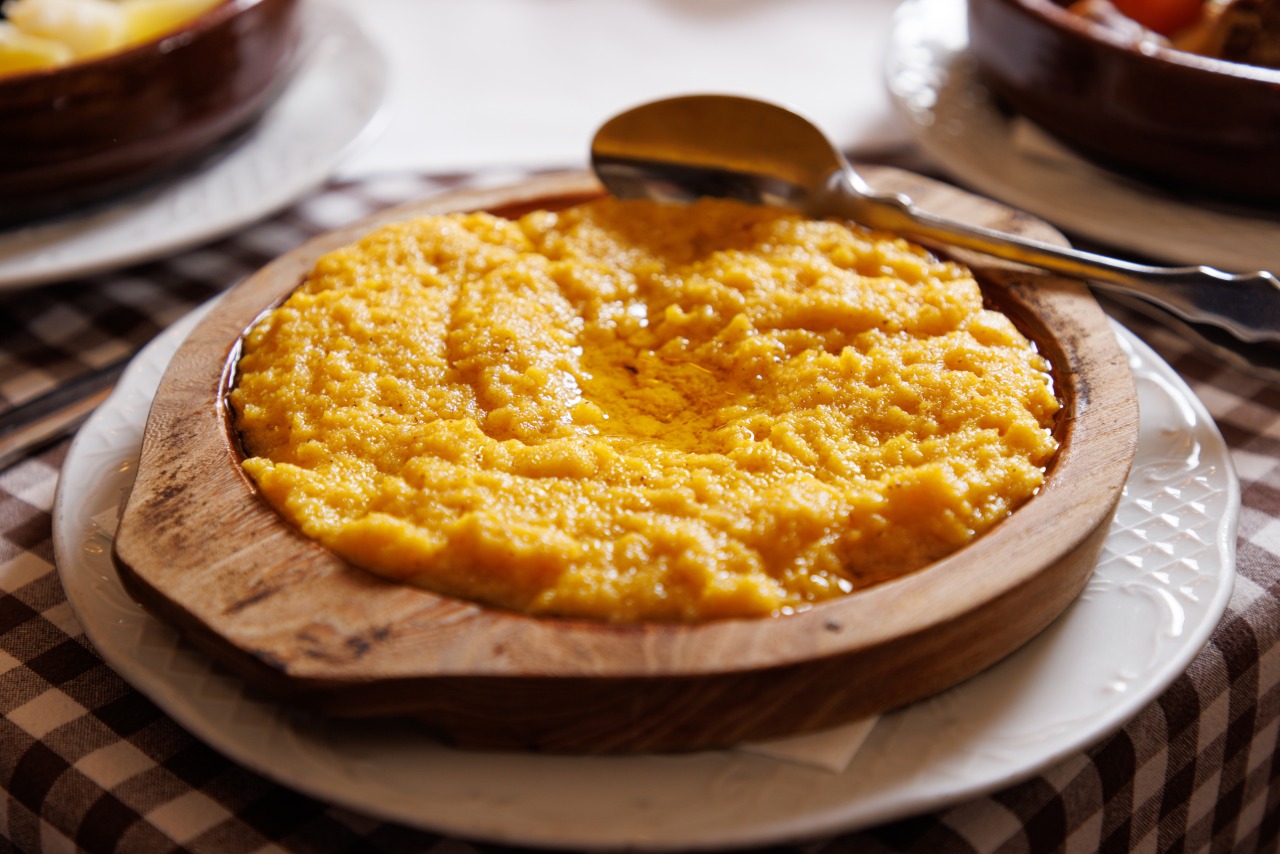
This dish is a comforting staple of the highland regions, made with freshly ground cornmeal and mixed with layers of melted cheese, kajmak (a type of clotted cream), and sometimes potatoes. It is best enjoyed hot, often accompanied by homemade yogurt or sour milk.
4. Leskovačka Mućkalica – A Fiery Stew
Originating from the grill-loving city of Leskovac, mućkalica is a slow-cooked dish made with leftover barbecued meat, tomatoes, peppers, and spices.
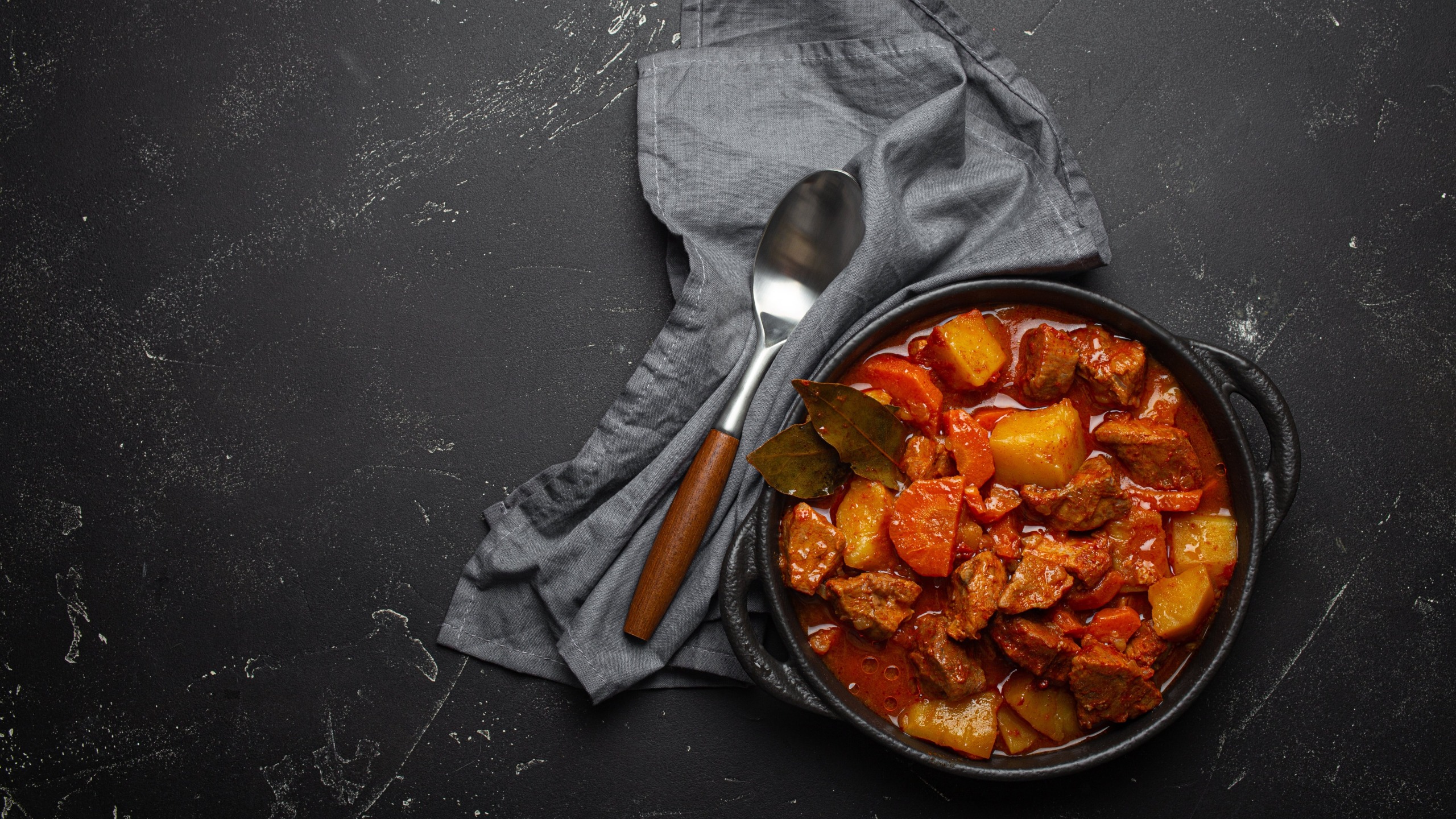
The name mućkalica comes from the Serbian word mućkati, meaning “to shake or mix”. The ingredients are stirred together to create a thick, smoky, and flavorful stew. It’s the perfect comfort food for a cold evening.
5. Pirotska Peglana Kobasica – Serbia’s Most Exclusive Sausage
This delicacy from Pirot is not your average sausage. Pirotska peglana kobasica (meaning “ironed sausage”) is a dry, air-cured sausage made from a mix of beef, goat, and sometimes horse meat, blended with aromatic spices.
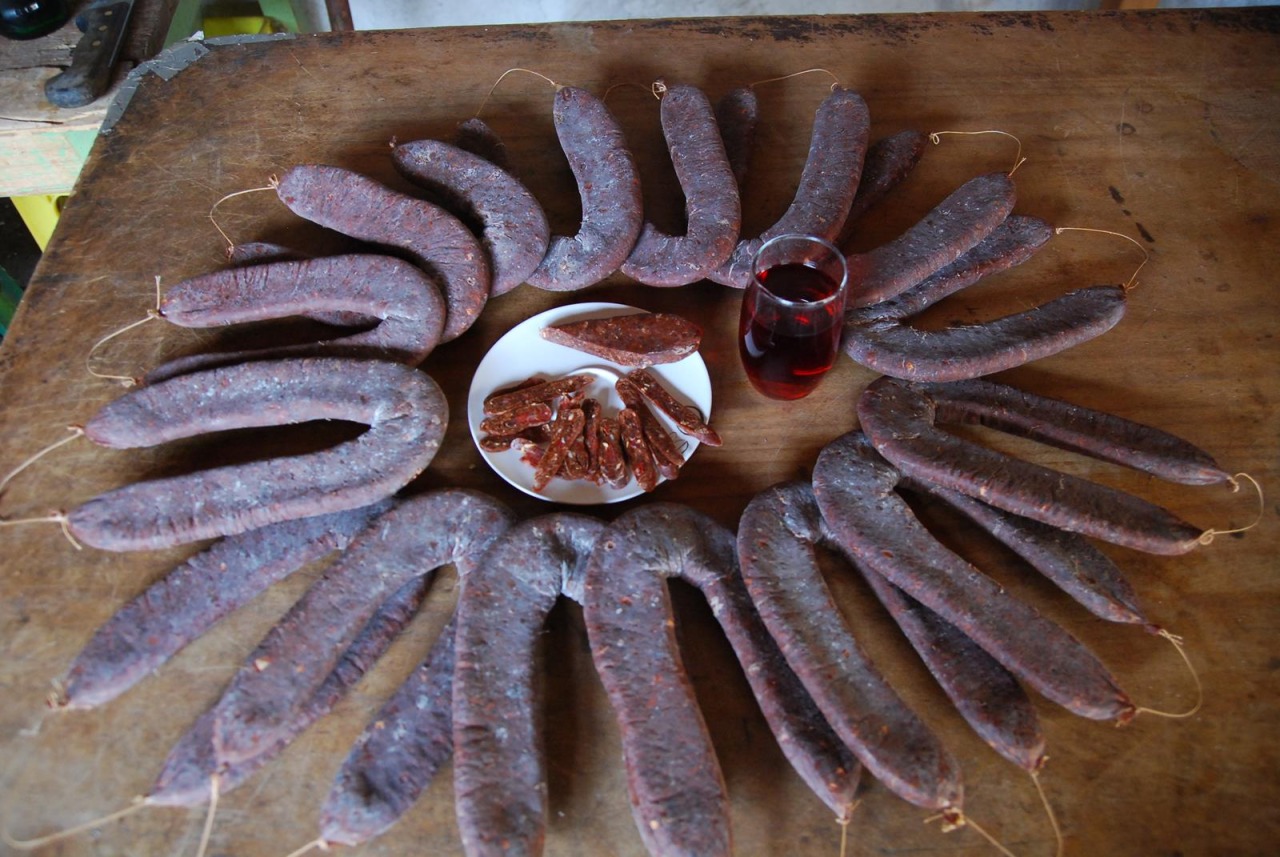
Unlike other sausages, it is flattened by hand daily during the drying process, giving it a unique texture and rich, concentrated flavor. It is highly prized and often enjoyed as a gourmet specialty alongside rakija.
Where to Try These Delicacies
If you’re planning a trip to Serbia, don’t miss the chance to try these authentic dishes in their place of origin. Visit family-owned kafanas (ethno restaurants) in smaller towns, seek out local food festivals, or explore Belgrade’s bustling green markets where many regional specialties can be found. Serbian cuisine is all about sharing, tradition, and bold flavors—so be sure to bring your appetite!
Have you tried any of these unique Serbian foods? Let us know your favorites and share your culinary adventures with us!

